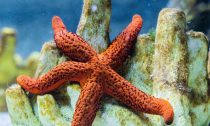
What comes to mind when you think of the high seas? Pirates, whales, giant squid and great white sharks?
Long the subject of stories and myths, life in the oceans beyond territorial waters is far from picture perfect. Under threat from climate change, acidification, overfishing, pollution and deep-sea mining, the area is now a focus for international scientists, who want to limit exploitation with ocean sanctuaries.
“Extraordinary losses of seabirds, turtles, sharks and marine mammals reveal a broken governance system,” said Professor Callum Roberts, a marine conservation biologist at the University of York...
Read More

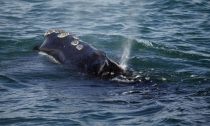
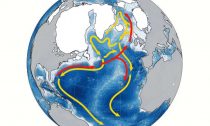
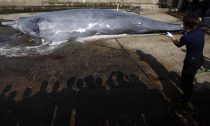
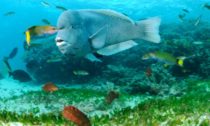
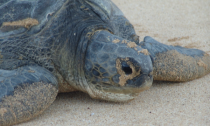
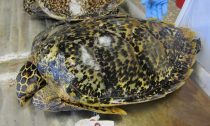
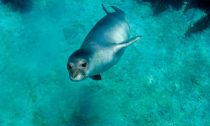
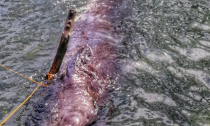
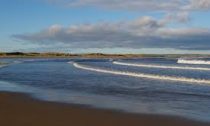


Social Profiles